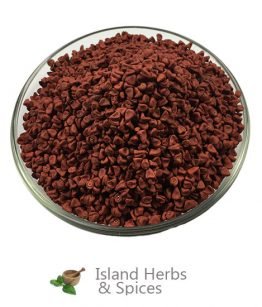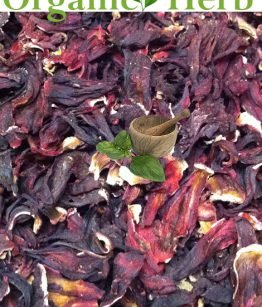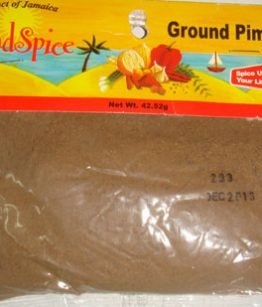Description
Cassia Alata also known as king of the forest is a plant from the family of Fabaceae in the order of Fabales. It is native to South America although it can also thrive well in different habitats across the globe. As much as it is called king of the forest, the Cassia Alata is not that big. It grows to a height of 3-4 m with its leaves measuring 50-80 cm in length. It has fruits shaped like straight pods and in the dark, its leaves close. The Alata’s seeds are dispersed by water or animals and this plant is easy to cultivate from its seeds.
Medicinal properties of the Cassia Alata
- Laxative
Laxatives are substances that loosen stool and enhance bowel mortality. They are used in a variety of conditions that cause constipation or before bowel procedures and surgeries. The flowers, stems, leaves and roots of the Cassia Alata contain phyto-chemicals that poses strong laxative effects and this makes it an important natural substance that can be used to relive constipation and hemorrhoids.
- Antimicrobial agent
The Cassia Alata has shown strong antimicrobial effects against Treponema Pallidum, Neisseria Gonorrhea, staphylococcus aureas, E.coli, S. dysenterae, vibrio cholerae and some streptococcus bacteria. For several years it has been successfully used in the treatment of these bacterial infections in Nigeria and other parts of West and central Africa. Its high levels of anthraquinones and crysophanic acid are very effective against different strains of bacteria.
- Anti-inflammatory effects
Inflammation is a complex biological response of vascular tissues to harmful stimuli, such as pathogens or physical trauma and it is a protective attempt and part of the healing process. Inflammation is widely associated with pain and while treating any injuries, anti-inflammatory drugs are used to relieve pain. The king of the forest has been used to relieve pain and inflammation in lumbago, arthritis and rheumatism.
- An antifungal agent
Fungal infections like eczema and athletes foot are very common and sometimes very daunting to treat with natural agents. The anthraquinones and crysophanic acid in cassia alata have proven to be very effective inhibitors of skin fungus like ring worms and mites and the efficacy is comparable to that of standard anti-fungal agents. This defines why it is sometimes referred to as ring worm bush. Eczema and athletes foot have been shown to respond well to topical application of the Cassia Alata. It has also been reported that a fungi called Pityriasis Vericolor has also responded well after application of the Cassia Alata cream
- Helps with menstrual complications
If you are a lady experiencing scanty menstrual flows then you need the Cassia Alata tea. The King of the forest has been reported to normalize the menstruation in women faced by scanty menstruation.
- Hypertension
Hypertension is currently on the rise and millions of people die annually from compilations that arise from it. The cassia alata helps in keeping the blood pressure at normal values and this helps in preventing hypertension and minimizing its complications in hypertensive patients.
How to use cassia alata
The leaves, seeds and barks of the cassia alata are rich in a number of compounds that are used for different medicinal purposes. To get the best results you have to properly prepare the cassia alata.
- For Skin diseases
In cases of skin conditions like ringworms, the juice from the leaves of the cassia alata is applied topically to the affected area 3-4 times a day.
- For stomach conditions
For the stomach problems the leaves, seeds and barks of the cassia is crushed in cup, boiled for 10 to 15 minutes. The solution is left to cool and taken three times a day until the symptoms are relieved.
- For asthma
Boil the cassia alata leaves in some water for about 10-15 minutes. Drink the tea thrice a day until the symptoms are relieved.
- Aphthous ulcers
Gargle the cassia alata tea three times a day.
- For hypertension
Take the cassia alata made from its leaves daily to help in keeping your blood pressure at the optimum levels.
- For menstrual disturbances
Take the cassia alata tea made from its leaves three times a day until the symptoms subside.











